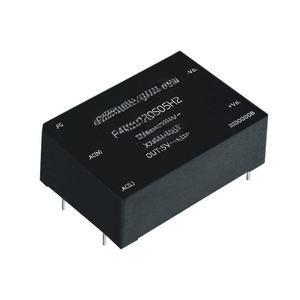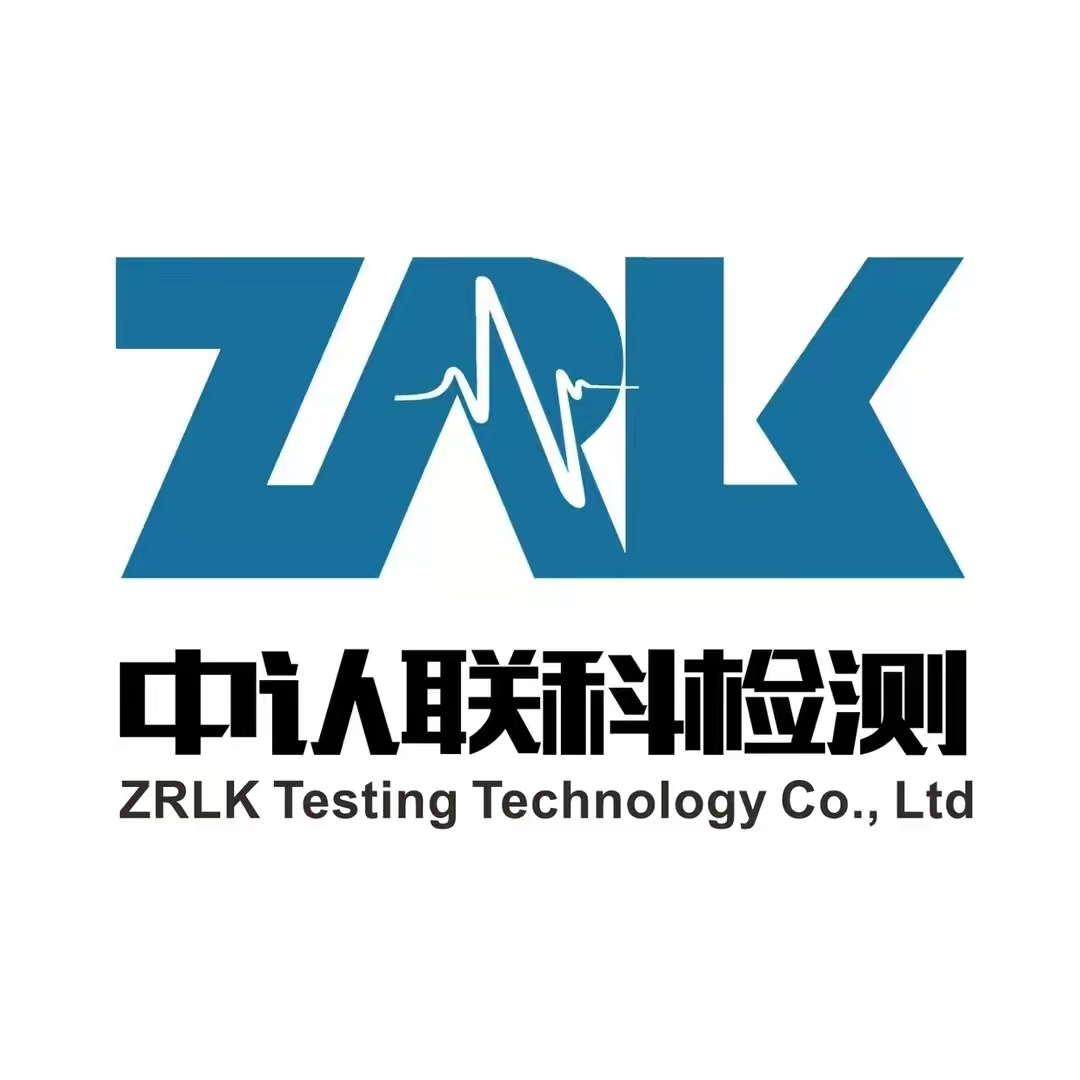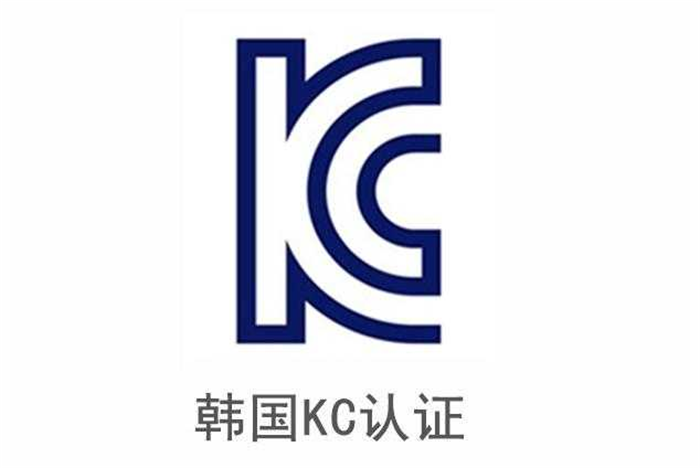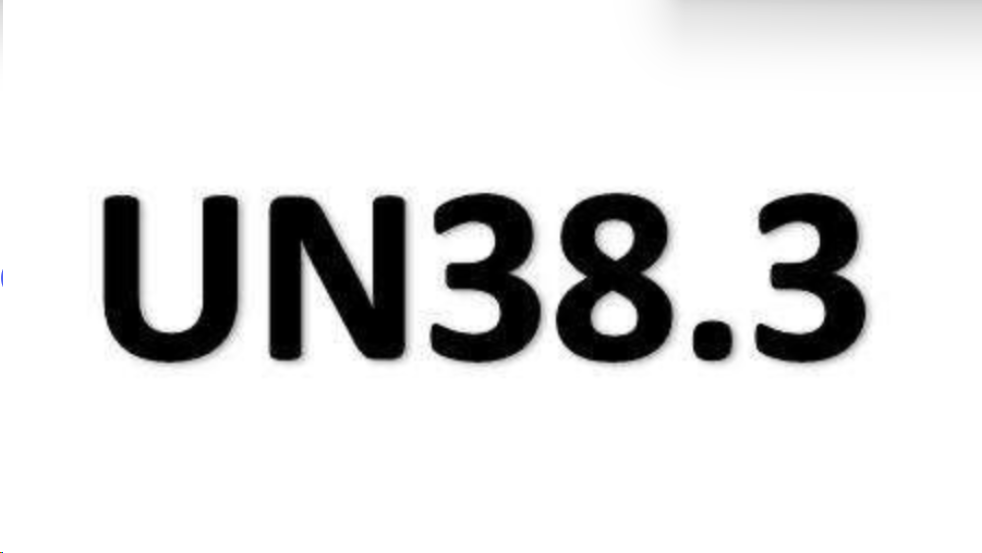Lithium battery packs (battery components) play a vital role in modern technology and are widely used in electric vehicles, renewable energy storage systems and other fields. In order to ensure the safety, performance and environmental protection of these battery components, a series of strict certification standards must be followed.

The type of certification that the lithium battery PACK can apply for
UN 38.3 certification is the international standard for the transport of lithium batteries and aims to ensure that batteries do not raise safety issues during transport. The certification includes thermal, vibration, shock and short circuit tests that simulate the extreme conditions that may be encountered during transport, ensuring that the battery PACK can still be used safely under these conditions. This certification is a prerequisite for the transportation of lithium batteries worldwide.
The Underwriters Laboratories (UL) certification is an American safety standard that focuses on the safety performance of batteries. UL certified tests include short-circuit, overcharge, overdischarge, and overheating of batteries to assess their safety under various conditions. UL certified lithium battery packs meet stringent safety standards and help reduce safety hazards such as fires and explosions.
IEC 62133 is a standard developed by the International Electrotechnical Commission that specifically addresses the safety requirements of portable sealed batteries. The standard requires battery packs to be stable under normal use and extreme conditions to prevent leaks, overheating or explosions. IEC 62133 certification ensures that batteries are designed, manufactured and tested in accordance with international safety standards, providing consumers with additional security.
ROHS (Restriction of the Use of Certain Hazardous Substances) certification is a European environmental standard designed to reduce the use of hazardous substances in electronic products. ROHS certification requires that lithium battery packs must not use dangerous chemicals such as lead, cadmium, and mercury in the production process, in line with environmental regulations. This certification helps to reduce environmental pollution and protect the health of users.

How does certification ensure compliance with lithium battery packs
1. Production process control
The key to ensuring that lithium battery packs meet the certification standards is to strictly control the production process. This includes everything from raw material selection, manufacturing processes, testing to quality control of the final product, which needs to be managed according to relevant standards. Good production process control is the basis for certification.
2. Product testing and verification
During the production process, lithium battery packs must undergo a series of rigorous tests to verify their performance and safety. These tests include charge and discharge tests, temperature cycle tests, vibration tests, etc., to ensure the reliability of the battery PACK under various conditions of use.
3. Document and record management
A large number of documents and records need to be submitted during the certification process, including test reports, production records, quality management system documents, etc. These documents are not only used for certification audits, but also provide a basis for subsequent quality traceability and improvement, ensuring the transparency and traceability of the certification process.
The certification standards and compliance requirements of the lithium Battery PACK cover many aspects such as safety, performance, environmental protection and quality management. By obtaining UN 38.3, UL, IEC 62133, ROHS and other certifications, lithium battery Packs are able to ensure safety and reliability in practical applications and comply with international environmental regulations and quality standards. These certifications not only provide additional protection for consumers, but also lay a solid foundation for the wide application of lithium battery packs. If you have certification needs, please feel free to contact us, ZRLK will provide you with professional solutions.


![[Holiday Notice] ZRLK 2026 Chinese New Year Holiday Schedule](/uploads/image/202602/698559be66d97.jpg)










